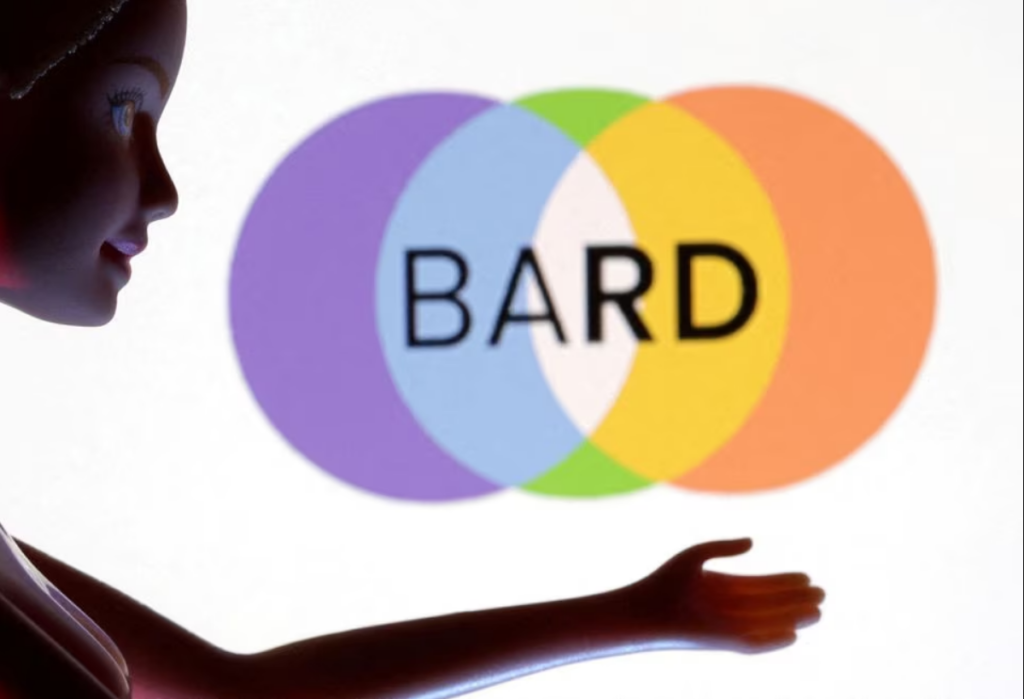|
Getting your Trinity Audio player ready...
|
Google, a subsidiary of Alphabet Inc. (GOOGL.O), announced on Tuesday that it plans to enhance its generative artificial intelligence, Bard, with the ability to fact-check responses and analyze users’ personal Google data. This strategic move is part of Google’s efforts to close the popularity gap with Microsoft-backed ChatGPT, which emerged as a formidable competitor in the generative AI space last year.
The emergence of ChatGPT, backed by OpenAI and supported by Microsoft (MSFT.O), sparked a race in the technology industry to provide consumers with access to generative AI technology. ChatGPT rapidly became the fastest-growing consumer application ever, and it currently ranks among the top 30 websites globally.
In contrast, Bard has not experienced the same level of traction. According to Similarweb, Bard received 183 million visits in August, which is just 13% of the traffic that ChatGPT attracted during the same period.
To bolster its presence in the competitive AI landscape, Google is introducing “Bard Extensions.” These extensions will allow users to import their data from other Google products, facilitating seamless integration. For example, users can request that Bard search their files in Google Drive or provide a summary of their Gmail inbox. Initially, Bard will only support data retrieval from Google apps, but Google is actively collaborating with external companies to extend this feature to their applications, as confirmed by Google’s senior product director, Jack Krawczyk.
One innovative feature of Bard aims to address a common issue in generative AI technology: inaccurate responses, often referred to as “hallucinations.” Bard users will now have the ability to discern which parts of Bard’s answers differ from and align with Google search results. This transparency, according to Krawczyk, is a conscious effort to build trust among users by holding Bard accountable for its responses.
Krawczyk explained, “We are presenting Bard in a way that it admits when it’s not confident.” This commitment to transparency underscores Google’s dedication to improving the user experience with generative AI technology.
The fact-checking and personalization features, along with Bard Extensions, are expected to be rolled out in the coming months, as Google aims to regain its footing and expand its reach in the rapidly evolving AI landscape. With these enhancements, Google seeks to offer users a more reliable and personalized AI experience, addressing the challenges posed by its competitors and ultimately narrowing the popularity gap with ChatGPT.



